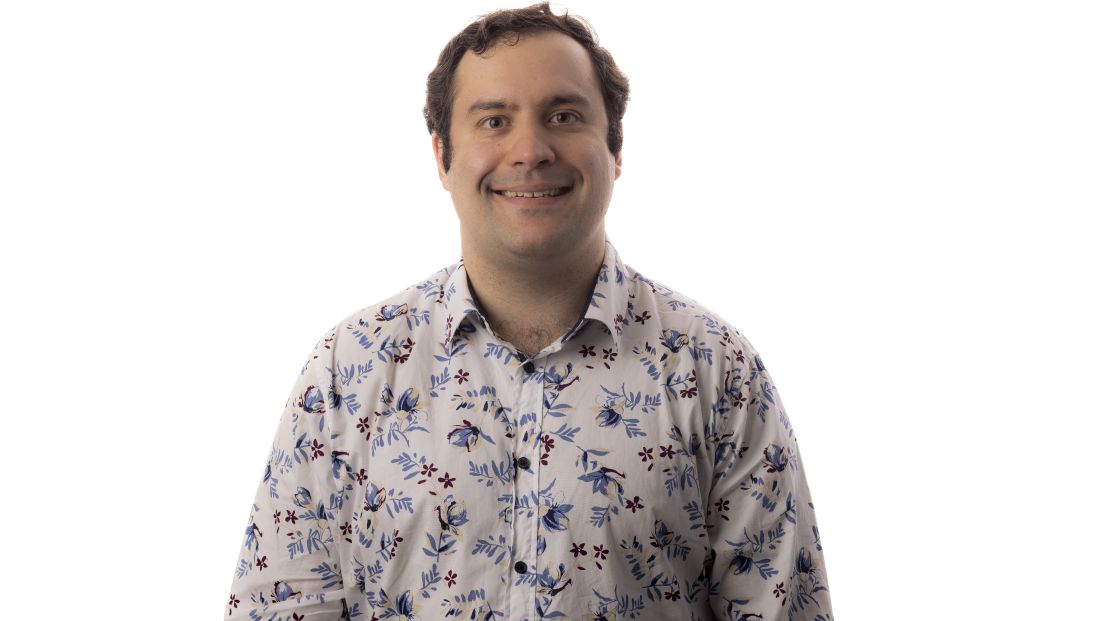Sydney, Australia: A research study conducted by a team of Autistic and non-Autistic researchers has followed a group of Autistic adults over a two-month period to understand their motivations for disclosing they are Autistic and the experiences they encounter along the way.
The study, developed and conducted by the Aspect Research Centre for Autism Practice (ARCAP), showed that the most common place for disclosure for Autistic adults was in the workplace (31%), although disclosure experiences happened in education settings (11%), retail (6%), community (21%), home (11%), and healthcare (9%).
The study documented 231 disclosure opportunities (disclosure and non-disclosure) in a range of day-to-day settings, recorded by participants, aged 21 to 71 via a specially designed smart-phone app.
The research also examined why and how Autistic people choose to disclose, the reactions they experience and the environments that are more conducive to disclosure.
Dr Abigail Love, Lead Researcher at ARCAP said there continues to be an increasing prevalence in autism diagnoses and yet a recent study by Farsinejad showed that only 13.3% of Autistic adults openly disclose that they are Autistic, due to the complexities involved in the decision.
“Using the app allowed participants to record their experiences immediately after disclosure opportunities, while the encounter was fresh in their memories,” explained Dr Love. “This research technique enabled us to gather real-time and meaningful insights to develop evidence-informed resource guides to support Autistic people in their disclosure experiences, along with helpful advice for colleagues, employers, friends, educators and family.”
While non-disclosure can sometimes help Autistic adults better navigate their non-Autistic world, it may limit available supports and increase risk of mental health concerns.
“During the study, 153 opportunities were categorised as disclosure, where the participant shared they were Autistic and 78 opportunities were labelled non-disclosure, where the participant felt there was an opportunity, but decided not to share that they were Autistic,” explained Dr Love.
“The most common method that our participants used to disclose was during a face-to-face verbal conversation (43.3%). The least common ways that participants disclosed were through an email (3.5%), phone call (3.0%), text (3.0%) and doctor’s letter (0.4%).
“Following disclosure, Autistic adults were met with a range of reactions that were negative (e.g. shock, dismissed, not believed they were Autistic), neutral (e.g. no reaction) and positive (e.g. liberated, accepted, celebrated, valued and curious to learn more).
“What is clear from this research is that disclosure experiences are influenced by context and building a more inclusive environment is not the sole responsibility of Autistic people, it’s up to all of us,” said Dr Love.
While it is okay not to disclose, some of the questions Autistic people can consider when deciding to disclose include:
- Do I feel safe to disclose?
- Do I have a motivation or reason to disclose?
- Do I have the time, energy and emotional capacity to disclose?
- Am I prepared for how people might respond?
Sarah AlKamraikhi, a customer service representative and volunteer, participated in the recent study and agreed that a lot of factors go into the decision to disclose. “Most of the time disclosure feels quite complex. It can be really stressful and a bit scary,” said Ms AlKamraikhi.
“The times when I do disclose, I often feel compelled to educate as well, and it can be very difficult to know exactly how much to share. I want the freedom to be honest and to be my authentic self, but I don’t always know how other people will react. The opportunity to participate in research that will help both Autistic people and the community around us create more positive exposure experiences is extremely rewarding.”
In a connected study, the same research team also found a significant link between identity and disclosure.
“We found that if someone feels that their Autistic identity is highly important in their life, they were also more likely to disclose within their social groups. In looking more closely at other identities for our participants, we also learned that Autistic disclosure was more likely for individuals who place a high importance on their sexual identity,” added Dr Love.
Following this study two disclosure guides have been developed containing practical advice for both Autistic adults and non-Autistic people to learn more. They are available at https://www.autismspectrum.org.au/about-autism/our-research/our-research-program/disclosure
Read more on this topic:
- Sydney Morning Herald - ‘You don’t look autistic!’ What not to say if someone discloses they are autistic (16 Feb 2023)
https://www.smh.com.au/national/you-don-t-look-autistic-what-not-to-say-if-someone-discloses-their-autism-20230214-p5cka6.html
- The Conversation - "Real-life autism disclosures are complex – and reactions can range from dismissal to celebration" (21 Feb 2023)
https://theconversation.com/real-life-autism-disclosures-are-complex-and-reactions-can-range-from-dismissal-to-celebration-199869



